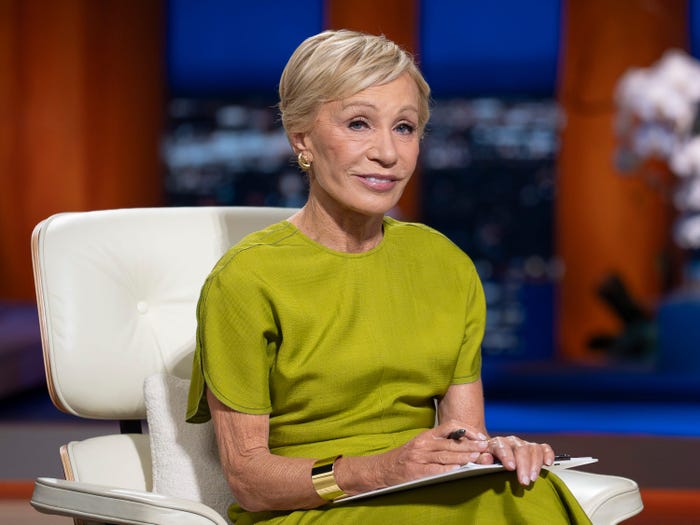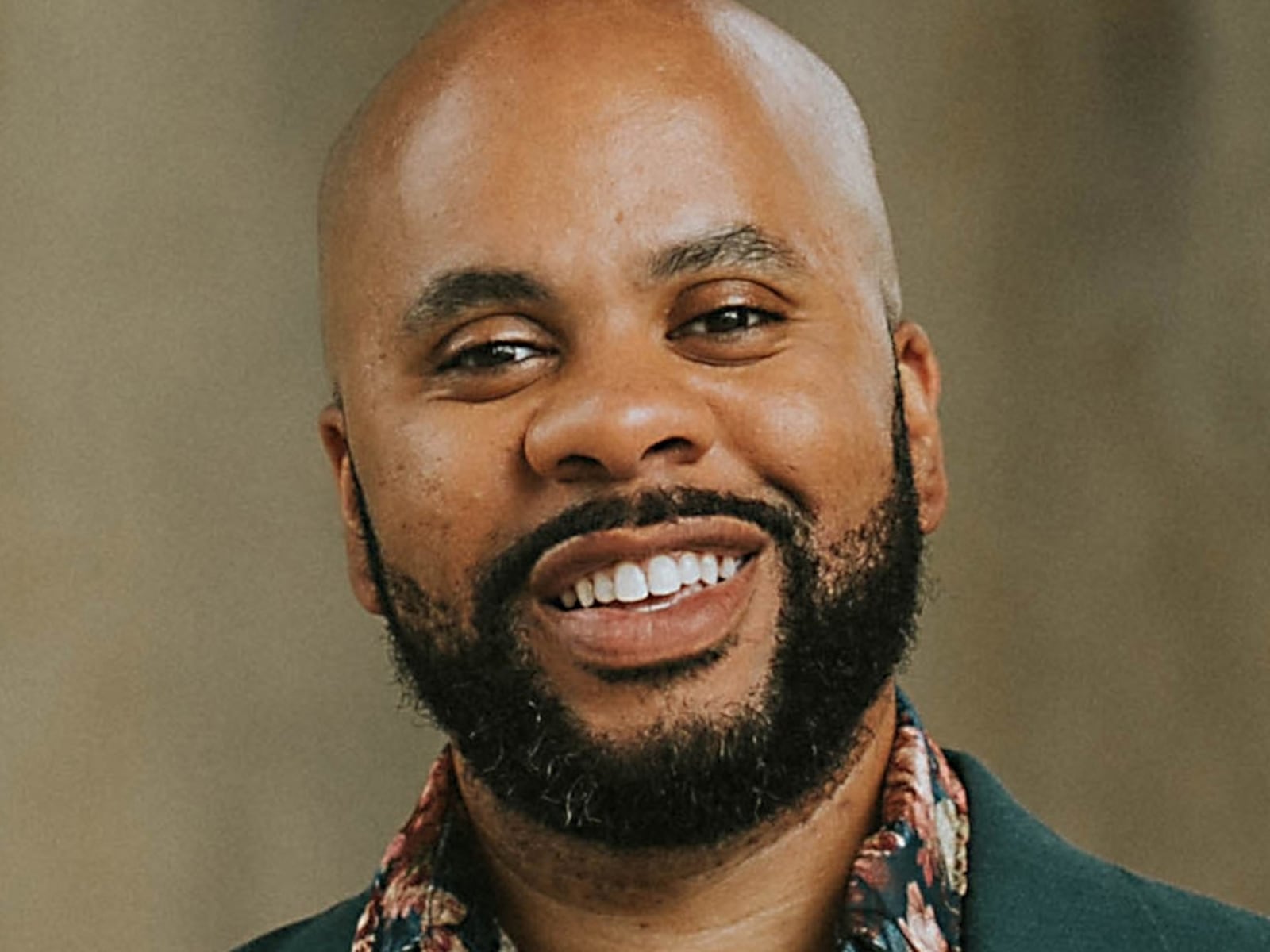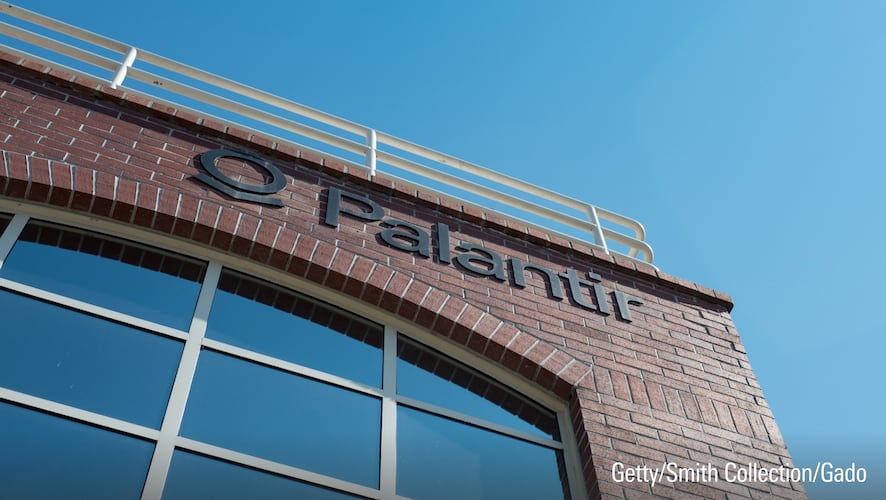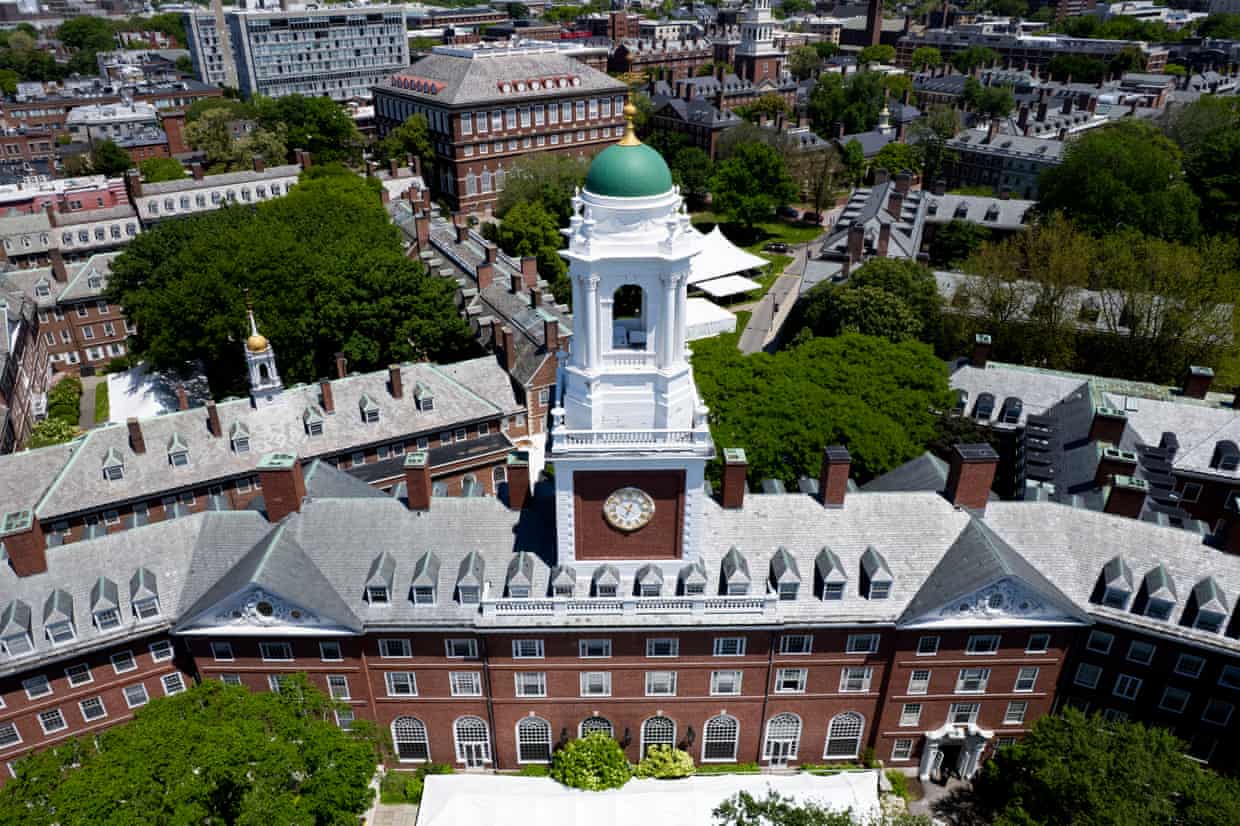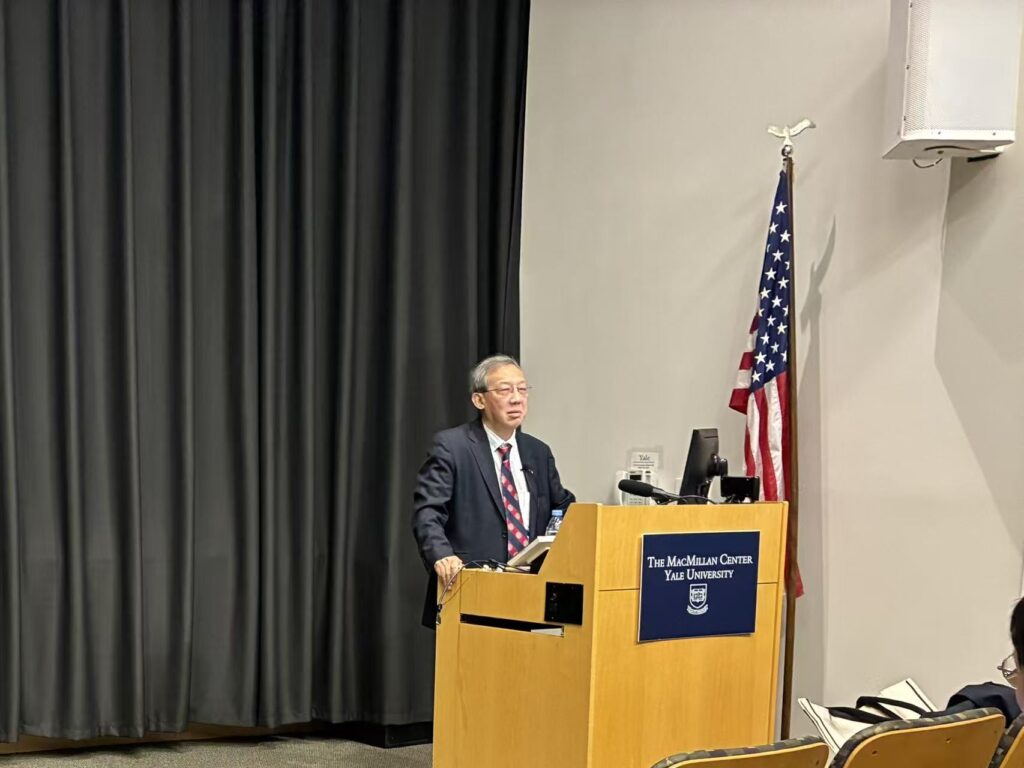
The Council on East Asian Studies at Yale University’s MacMillan Center for International and Area Studies hosted a significant lecture on March 14, 2024, focusing on the pivotal role of Zhou Enlai, China’s first Premier. The lecture, titled “Zhou Enlai and China’s ‘Age of Revolutions,’” was delivered by Chen Jian, a history professor at New York University and NYU-Shanghai, who recently published an academic biography of Zhou through Harvard University Press.
Zhou Enlai is recognized as a key figure in the Chinese Communist Party, having served as both the first Premier and Foreign Minister of the People’s Republic of China. His influence was crucial in shaping the country’s early domestic and foreign policies, particularly during the tumultuous periods of the Cultural Revolution and the normalization of U.S.-China relations in the 1970s.
Insights on Zhou’s Complex Legacy
Kathy Rupp, director of the Council on East Asian Studies, emphasized the importance of the Hume Lectures, named after Edward H. Hume, who graduated from Yale in 1897. Rupp noted that the Hume lectureship aims to bring leading scholars in East Asian studies to Yale. She expressed hope that these lectures will enhance the understanding of this important region among students and the broader Yale community.
During the event, Chen was introduced by Arne Westad, a Yale history professor, who praised Chen’s extensive scholarship on modern Chinese and international history. Westad remarked, “There are very few people who had the kind of impact that he has had on the writing of Chinese history and international history in his generation.”
In his lecture, Chen began by discussing the significance of the plural term “revolutions” in the title, highlighting the multiple revolutionary movements that defined 20th-century China, from the 1911 revolution to the Cultural Revolution. “The subject of my talk today, Zhou Enlai, was involved in almost every phase of this age,” Chen noted.
Chen’s analysis focused on Zhou’s complex relationship with Mao Zedong, the founder of the People’s Republic of China. Contrary to earlier interpretations that depicted Zhou as merely an accomplice to Mao, Chen presented a more nuanced view of Zhou’s political stance. He stated, “Certainly he was not a Maoist, certainly not an internalized Maoist.”
Drawing from extensive archival research, Chen traced Zhou’s involvement in the key revolutions of the 20th century, arguing that Zhou was instrumental in developing the Chinese Communist Party’s “grand strategy” that led to their victory over the Nationalist Party during the Chinese Civil War. He emphasized Zhou’s aspiration to maintain a form of democracy after the Communist Party came to power, despite Mao’s dominance over the party’s direction.
Chen explained, “He tried very, very hard to serve as a good premier. This caused him to become a Mao enabler.” The lecture also addressed Zhou’s impact on China’s foreign policy, including a notable exchange with Henry Kissinger during Kissinger’s visit to China in 1973. Chen recounted a confidential meeting where Kissinger offered assistance to China in case of a Soviet missile threat, a proposal to which Zhou did not give a definitive answer.
Audience Reactions and Reflections
Chen concluded his lecture with a personal anecdote regarding the complexity of Zhou’s legacy. He recalled being asked, including by his late father, whether Zhou was a “good guy or bad guy.” Chen reflected, “No, I cannot answer this question.” This ambiguity resonated with attendees.
Audience member Jamin Nuland, a sophomore, described Chen as “a great storyteller,” noting how he conveys the intricate narrative of Zhou Enlai’s position within the party. Nuland appreciated the lecture’s complexity, contrasting it with the more simplified views of the Chinese Communist Party.
Another attendee, Aiken Wang, expressed gratitude for the opportunity to deepen his understanding of Chinese history and Zhou Enlai, acknowledging the limited course offerings on the topic at Yale. “I appreciate the more academic work in assessing who Zhou Enlai was,” Wang remarked.
The MacMillan Center is situated at 34 Hillhouse Avenue, serving as a hub for scholarly discourse on international and area studies.
